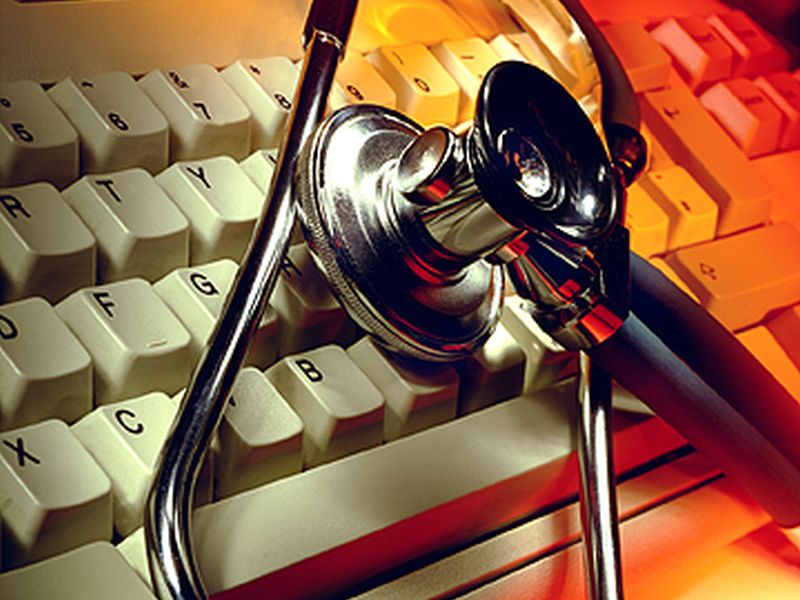
A patient’s heartbeat might one day be used to protect his or her electronic health records, a new study suggests.
Traditional security methods can be expensive and time-consuming. So, U.S. researchers investigated the use of a person’s unique electrocardiograph (ECG) — the electrical activity of the heart measured by a sensor attached to the skin — as a way to lock and unlock electronic health records.
“The ECG signal is one of the most important and common physiological parameters collected and analyzed to understand a patient’s health,” said study co-author Zhanpeng Jin. He’s an assistant professor of electrical and computer engineering at Binghamton University in Binghamton, N.Y.
“While ECG signals are collected for clinical diagnosis and transmitted through networks to electronic health records, we strategically reused the ECG signals for the data encryption. Through this strategy, the security and privacy can be enhanced while minimum cost will be added,” Jin said in a university news release.
A person’s ECG can change due to age, illness or injury, so the researchers are working on ways to incorporate those and other variables, he noted.
“This research will be very helpful and significant for next-generation secure, personalized health care,” Jin said.
The study was presented recently at an electronic communications conference in Washington, D.C. Research presented at meetings should be considered preliminary until published in a peer-reviewed journal.
More information
HealthIT.gov explains how to protect your health information.
Source: HealthDay

Leave a Reply